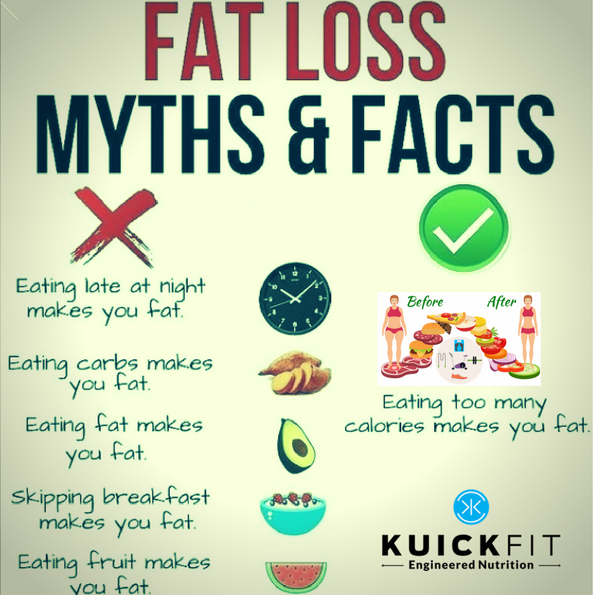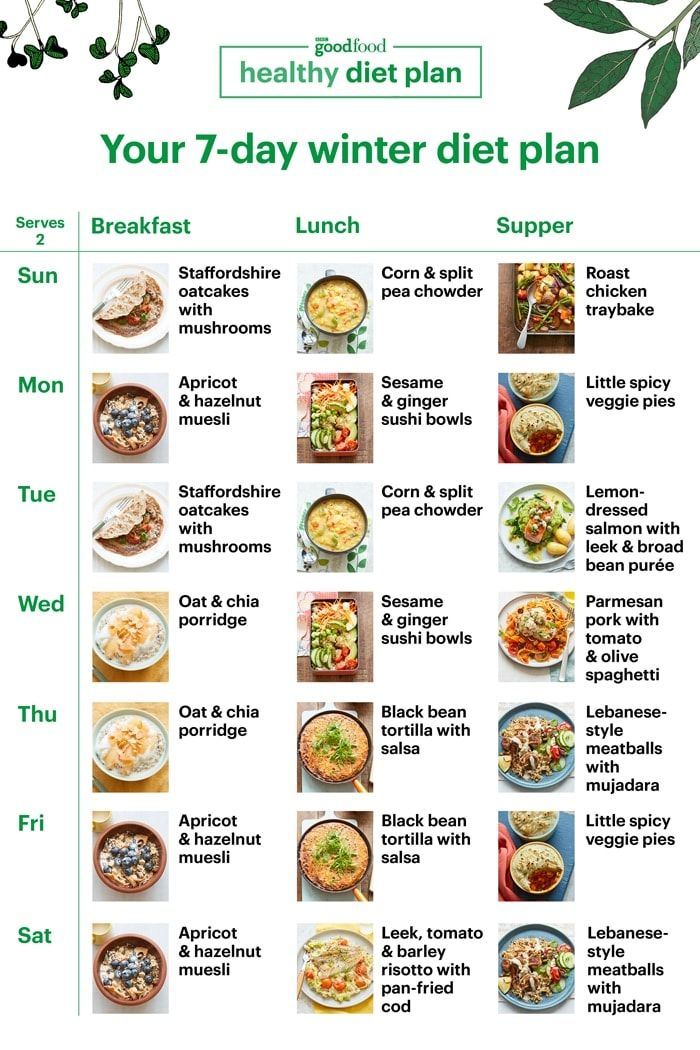
There's no better way to find out how much weight you could lose in one month than by asking others. The question that's been plaguing you for years is now a simple one: 'How much can you lose in a month?' It depends on your diet, of course, but generally a week's worth of water weight will not cause any lasting damage. The five-pound loss should last for at least a month if you avoid processed carbs and fast foods.
Dietary guidelines
It is a good idea to consult a professional when you are trying to lose weight. A weight loss plan should be tailored to your particular needs and your timeframe. The less weight you lose per calendar month, the longer it is. Talk to your health care provider if you have a lot to lose. Your provider may refer you to nutritionists for further assistance.

Get into a routine
To lose weight quickly, try incorporating cardio into your exercise routine. You can perform three sets of 12 reps of each exercise. Each set can be broken up into 60 second intervals. You don't need to lose weight immediately if other types are more appealing. Some expert trainers will share their favorite routines. Begin by walking and jogging for weight loss. These will each burn 372 calories and increase your body's muscle mass.
Calorie deficit
In order to answer the question of how much weight you can lose by consuming less calories than you burn, you must first know your body. Although everyone wants to look beachy, it can be hard to sustain a calorie deficit for a month. You can achieve your goal in less than you think. Keep reading for more information.
Tracking progress
Tracking your progress to lose weight in a month is a great tool for reaching your goals. You can identify obstacles and plateaus by tracking your progress. You can adjust your goal if you don't see results quickly. It is possible to identify your weaknesses and make the necessary changes to improve your routine. Here are some suggestions to help keep track of your progress.
Avoiding fad diets
Fad diets that promise quick weight loss are not recommended for everyone. There are many reasons why you should avoid them. Fad diets fail to consider the causes of weight gain, such as lifestyle habits. Instead, they promote a particular food combination while completely ignoring the importance of daily exercise and balanced diet. Additionally, fad diets often emphasize a lack of healthy foods and a complete lack of other macronutrients. These diets can often lead to nutritional deficiencies if they are not accompanied with a good exercise program.

Set realistic expectations before embarking upon a journey to weight loss
Setting realistic expectations is key to successfully losing weight. People often set unrealistic expectations and then are disappointed when they don't get the results they desire. It is important you understand what you can reasonably expect from your weight loss journey. This includes how much weight you can expect each week. These are some important things to remember.
FAQ
How to Create an Exercise Routine?
The first step is to create a routine for yourself. It is important to plan what you will do each morning and how much time you will be doing it. This helps you plan ahead, and it will also help you avoid procrastination.
It is important to make sure you are getting plenty of variety from your exercise routine. It is important not to get bored while exercising. This will cause you to lose interest and make it difficult for you to stick with it.
You should also keep track of how you are progressing. It is crucial to track how much weight has been lost or gained.
If you start off by losing weight, it's easy to lose motivation if you don't gain any additional weight. However, it's much harder to stay motivated when you gain too much weight.
So, try to find a balance between gaining weight and losing weight. If you are unhappy with your current situation, you will be less inclined to exercise.
Is there a difference in intermittent fasting and calorie restrictions?
Calorie restriction means eating less calories than your body requires. Intermittent fasting differs from other types of intermittent fasting in that it does not restrict calories. Intermittent fasting focuses more on eating fewer calories every day.
Intermittent Fasting is more efficient because you can enjoy the foods you love without feeling guilty.
Both methods have their advantages and disadvantages. You will need to decide which method is best for you.
How long does it take for you to lose weight?
It takes time to lose weight. It can take six months to lose 10%.
You shouldn't expect weight loss overnight. Your body needs to adjust to new dietary habits.
This means that your diet should be gradually changed over many days or weeks.
Fad diets don't work and you should get off them. Instead, you should focus on changing your daily routine.
You should stop eating unhealthy snacks late at nights, for example.
You should eat healthier meals in the morning. You'll be able to eat healthier meals earlier in the evening, and you won't snack later at night.
A good habit to follow is to drink plenty of water throughout your day. Water helps keep your body hydrated, and prevents you from becoming dehydrated. Dehydration causes you to feel fatigued and slow.
You will stay more energized and focus if you drink lots of water throughout your day.
Finally, you should reduce stress levels by doing things that relax you. Spending quality time with loved ones is one way to reduce stress levels.
You could also read books, watch movies or listen to music.
These activities will help you unwind from stressful situations. They can also help improve your moods and self-esteem.
So, when you're trying to lose weight, you should always think about your health first.
Your overall health can be measured by your physical fitness. You should eat right and exercise regularly if you want a fit body.
What is the best time to do Intermittent fasting in order to lose weight
It's not as easy to answer as you might think. A number of factors need to be considered when determining how many days of fasting are needed for optimal fat loss. These are:
-
Your age. Intermittent fasting can be difficult for young people (under 40). This is because they have less time to recover after each fast. You may not have enough energy for a sustained period of daily fasting if you are older (over 60).
-
Your current body composition. Your current body composition. If you have a lot more muscle mass than you need, then you will likely be more successful with longer fasting periods. You may find shorter fasting more beneficial if your muscle mass is low.
-
How physically active. Exercise regularly and you may need to extend the fasting window in order to get enough sleep between workouts.
-
Your health history. People with heart disease, diabetes, and cancer may require extra fasting monitoring.
-
How do stress and anxiety affect you? Stressful situations can make us eat more. To avoid this problem, you may need to increase the length of your fasting windows.
-
Your diet. Certain diets, like ketogenic diets, may require even longer fasting periods.
-
The quality of sleep you receive. Insufficient sleep has been associated with decreased metabolism and increased appetite. It may take some trial and error before you find the right combination.
-
The amount of protein that you consume. Consuming more protein helps to stabilize blood sugar levels. This could lead to lower insulin levels. This would allow you be more consistent in your fasting.
-
Individuals who are trying lose or gain weight will require longer fasting times than those who are trying.
-
How many calories did you consume during your fasting period? You may lose more weight if you eat fewer calories each day than if you eat more.
-
Your fitness level. The metabolic rate of fast people who are fit is higher, which means they burn more calories each day.
-
Your gender. Men are more hungry than women so they may have to fast for longer periods. Women tend to have smaller appetites so they might only need to fast for 20-30 minutes each morning.
-
Your lifestyle. Are you someone who does a lot of exercise? Do you do a lot of exercise each week? Is your job a long, sedentary one? These factors could affect how much you should fast.
-
What amount do you spend on food each month? You don't have to spend much on groceries to eat healthy food. You can save money by buying whole grains instead of white bread, fruits instead of candy bars, and lean meats instead of fatty cuts.
-
How important it can be to control your appetite. You don't have to skip meals if you don’t want to.
Statistics
- One 6-month study showed that simply doing 11 minutes of strength-based exercises 3 times per week resulted in a 7.4% increase in metabolic rate, on average. (healthline.com)
- According to Harvard Health, it's estimated that a 155-pound (70-kg) person burns roughly 112 calories per 30 minutes of weight training (5). (healthline.com)
- According to a study sponsored by the American Council on Exercise, a person weighing around 140 pounds (64 kg) would burn 108 calories at a 30-minute beginner's Pilates class or 168 calories at an advanced class of the same duration (26). (healthline.com)
- One study in 9 active men found that HIIT burned 25–30% more calories per minute than other types of exercises, including weight training, cycling, and running on a treadmill (18Trusted Source (healthline.com)
External Links
How To
How can you lose belly fat quickly?
You need to realize that losing belly fat can be difficult. It takes hard work. These tips will help you achieve your goals.
-
Healthy Food Healthy eating is crucial. Make sure you eat whole foods, fruits, vegetables.
-
Drink Water. Water keeps you hydrated and makes you feel fuller for longer periods. Make sure you drink lots of water every day.
-
Cardio Exercises. Cardio exercises are great for building muscle mass and helping you burn more calories. Cardio exercises can also increase your heart health, and speed up metabolism. Try to do 30 minutes of cardio exercise daily.
-
Get enough sleep. Good health is dependent on sleep. Sleep deprivation can lead to anxiety and stress, which can then cause unhealthy behaviors like smoking and overeating.
-
Reduce Stress Levels. Stress can cause changes in brain chemistry and hormonal levels. When we are stressed, our bodies produce cortisol, a hormone that increases hunger pangs and cravings for high-calorie foods.
-
Regular breaks are important. You should take regular breaks throughout your day. Go outside and walk around or take a short nap. Doing this gives your mind and body time to relax and recover.
-
Avoid Alcohol Consumption. Alcohol can cause empty calories and slow down digestion. Alcohol should be avoided if you're looking to lose belly-fat.
-
Have fun!